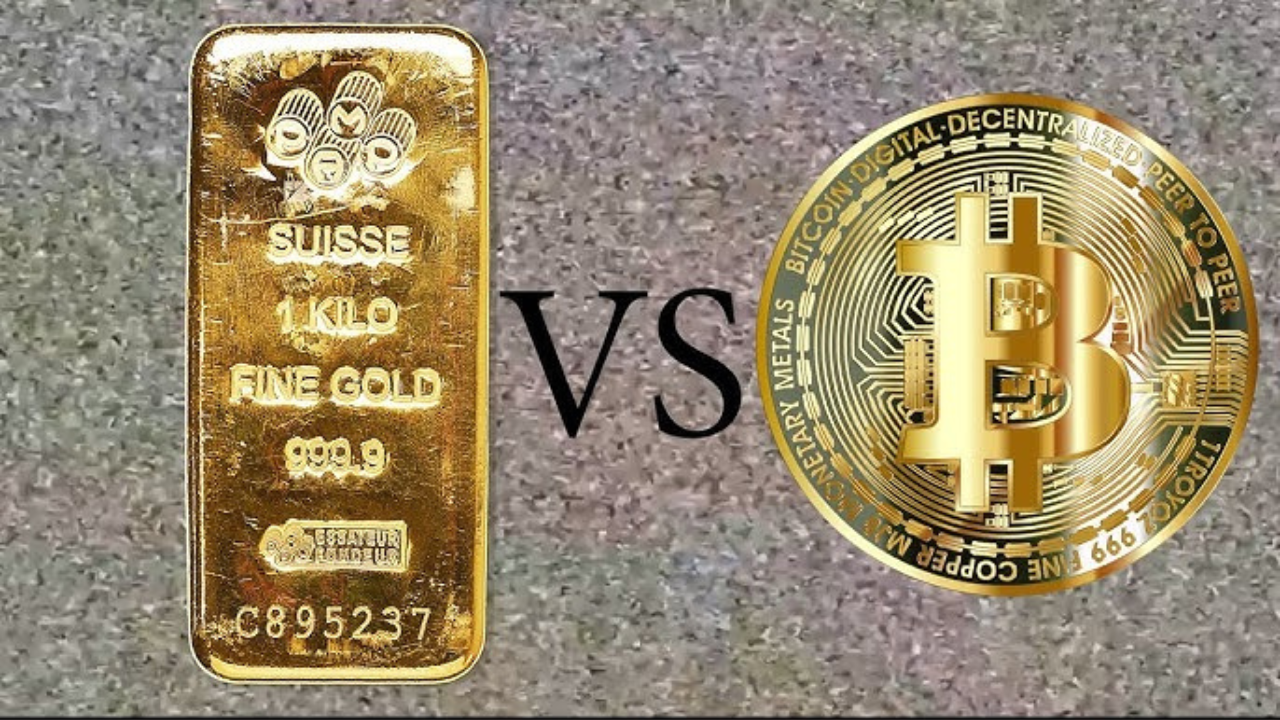Due to the constantly growing instability of both global financial markets and the wish of investors to discover new resources, two types of investment are becoming discussed on an extraordinary level Bitcoin and gold. They are both stores of value and buffers against inflation; however, they are vastly different historically, in behavior, risk, and growth potential. You can learn how to buy bitcoin with credit card for investing in Bitcoin. This article discusses the main points of distinction between Bitcoin and gold in order to help you decide which asset can be a better choice to put in your portfolio.
Market Maturity and Historical Background
Gold is a known store of value that has existed throughout thousands of years. Gold has been used in ornaments, monetary reserve storage, and has never failed the test of time since it is the symbol of money and stability. It is of ancient origin and dates back to the ancient civilizations, and since ancient times, this product has continued to appreciate, especially when there was political insecurity or even a financial crisis. The thing is that Bitcoin is new. Bitcoin is a decentralized digital currency that was published in 2009 by an anonymous person, Satoshi Nakamoto. Even though Bitcoin has been in the marketplace for just over a decade or so, it is already one of the most talked-about assets in the present financial climate.
Scarcity and Supply
Shortage is one of the characteristics of gold. The physical existence of gold on the earth and the cost of mining are the limiting factors to the total volume of gold that can be mined. This inherent constraint has enabled gold to retain value over the centuries. Bitcoin is also limited in supply- there can only be 21 million bitcoins. This is a predetermined set number that is coded into its protocol and is policed by the blockchain. The scarcity of Bitcoin is absolute and predictable, unlike gold.
Volatility and risk
Gold wins hands down when it comes to price stability. It is a relatively stable coin, and its price is not likely to jump up and down. This has made it an asset of choice to conservative investors and central banks in search of a solid hedge. Bitcoin is, however, very volatile. It may rise and fall tens of percent in one trading day on a news story, the flow of the market mood, or a change in regulations. This volatility is dangerous, but at the same time, it creates an opportunity to receive high returns. To give an example, the cost of Bitcoin increased by over 60 times at the start of 2017, to nearly 60,000 dollars by 2021, and then fell drastically.
Accessibility and Liquidity
Both gold and Bitcoin are very liquid assets, which can be turned into cash in a short period of time or sold. Selling gold can be done through brokers, banks, and precious metals dealers in any form: coins, bars, or ETFs. It has a well-established market in the world. Bitcoin is also highly liquid, particularly on the most popular exchanges such as Bitget. It allows users to purchase or sell Bitcoin 24/7 with fairly low transaction costs and a variety of payment solutions, such as bank transfers, credit cards, and even peer-to-peer. What is more, Bitcoin is a digital currency that can be accessed by every person with an internet connection without the numerous barriers experienced by traditional gold investors.
Security and Storage
The movement of gold across the border might be a complex situation because of legal and logistical reasons. Bitcoin is a digital currency and can be kept in crypto wallets (online, hot wallets, and offline, cold wallets). On the one hand, this removes any problems with physical storage; on the other, it creates a digital security hazard due to the risk of hacking or loss of access to the information caused by forgotten passwords or lost private keys.
Inflation Hedge and Store of Value
Gold has always been regarded as a counter to inflation. Gold in economic times when there is a devaluation of currency or economic recession tends to maintain its value or even increase in value, which protects investors. The younger generation of investors and technologically adept individuals is viewing Bitcoin as a digital substitute for gold in a growing number. It will neither suffer inflation nor can it be interfered with by the government due to its fixed availability and decentralized nature.
Conclusion
Whether it is worth investing in Bitcoin or gold will depend on your risk appetite, investment goals, and the timeline. Gold is a tested asset that offers low-level risks and stability, and hence, an ideal option for conservative investors. In contrast, Bitcoin is an aggressive and potentially lucrative investment with a lot of risks that can provide its owner with outsized returns.


